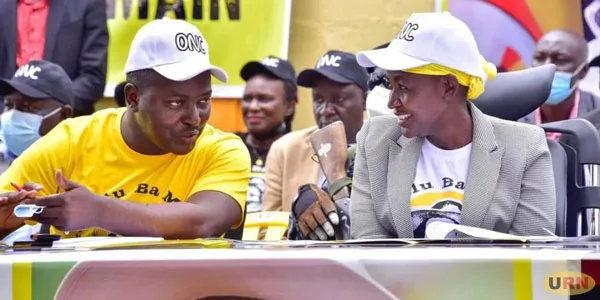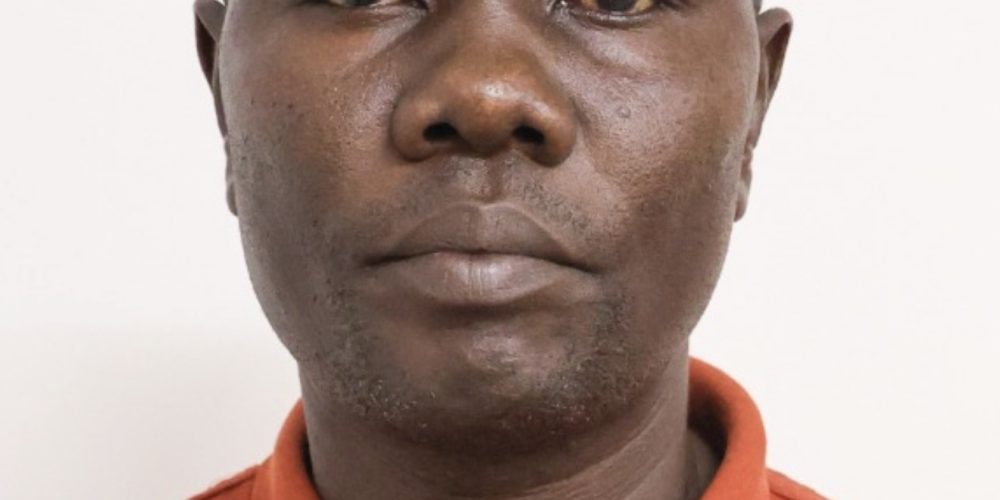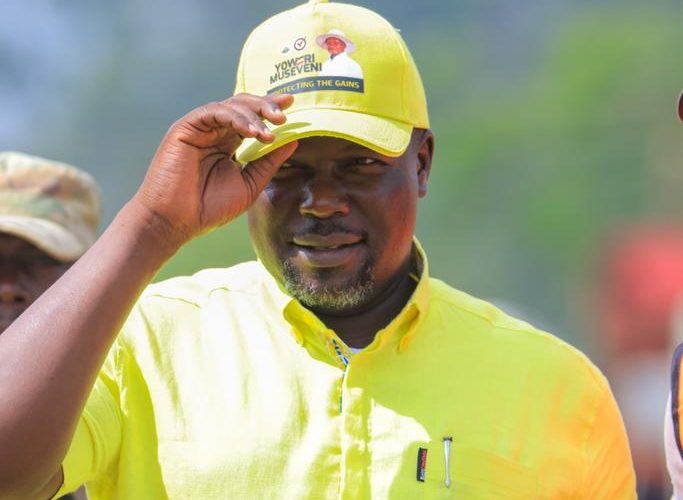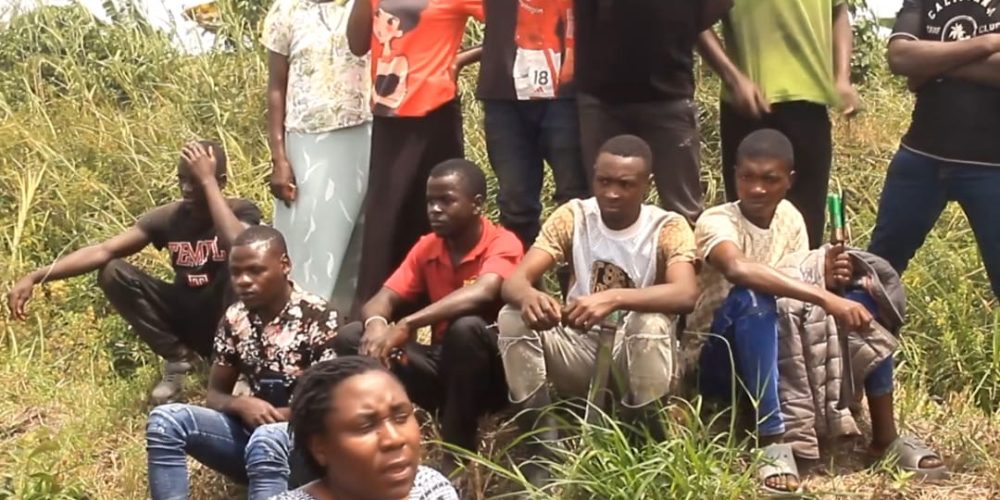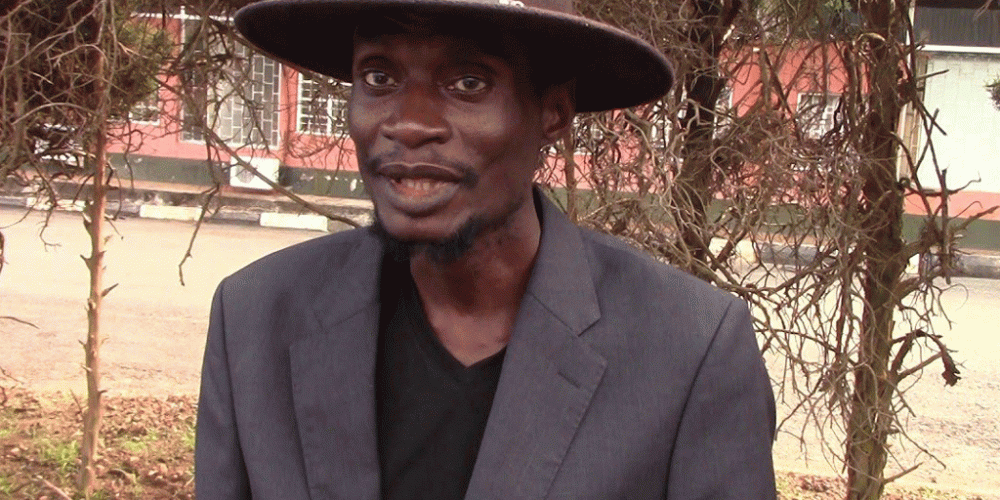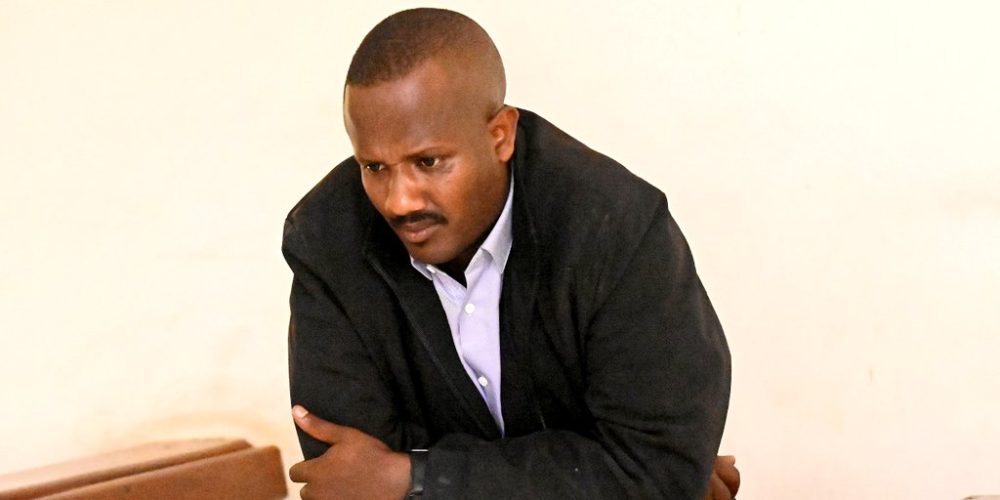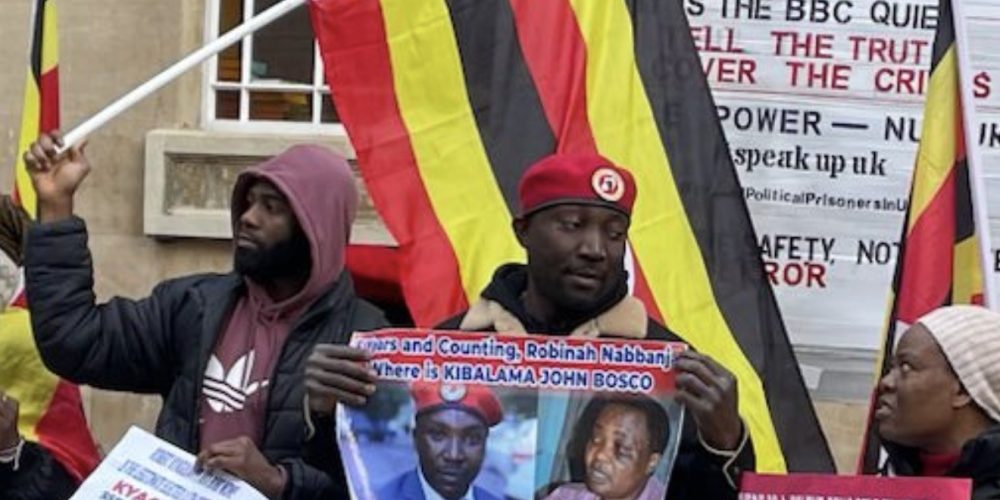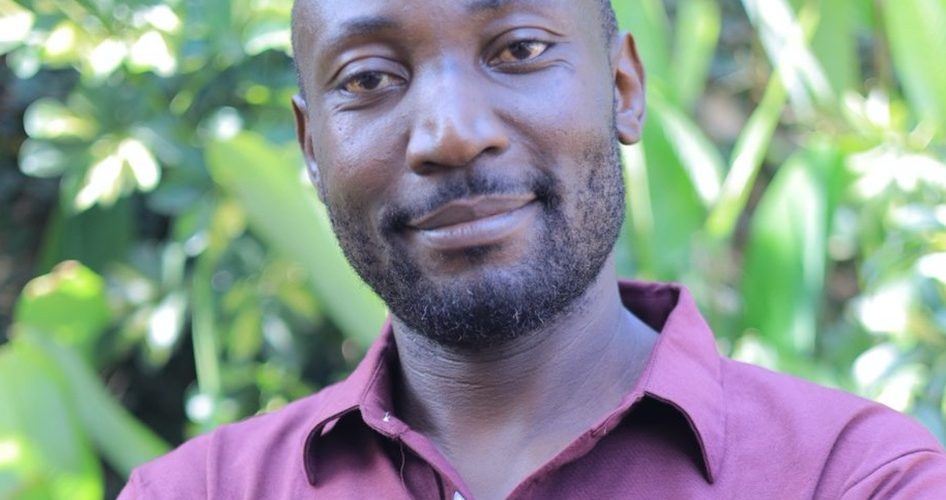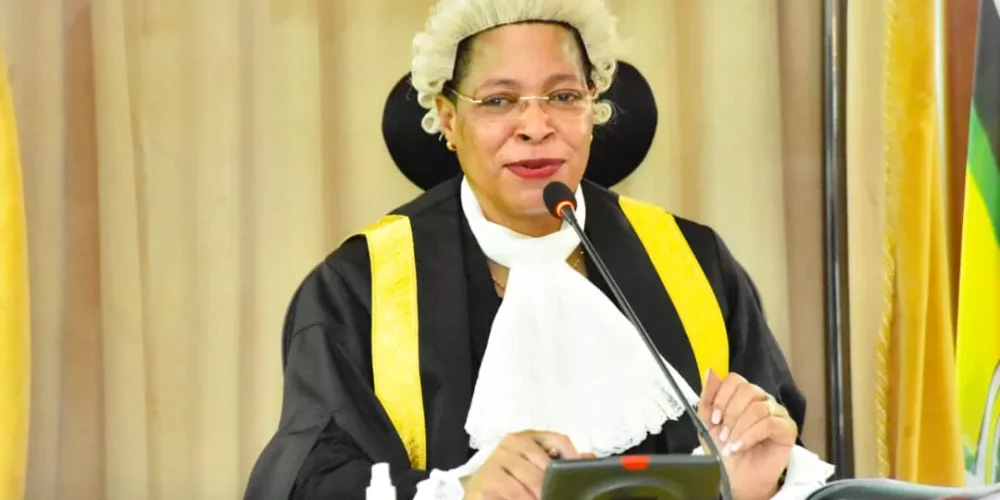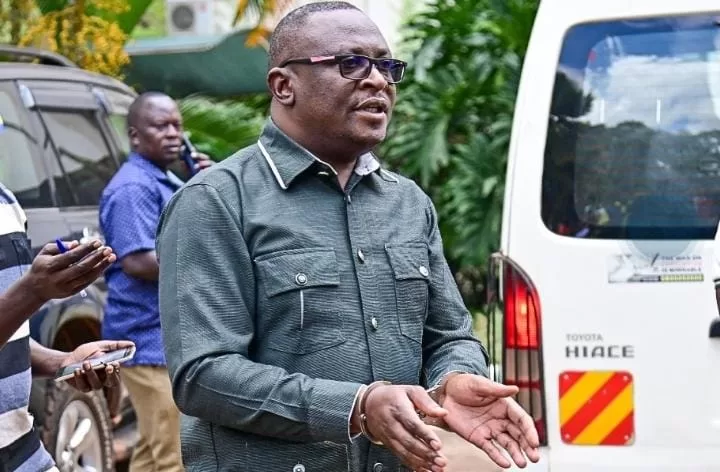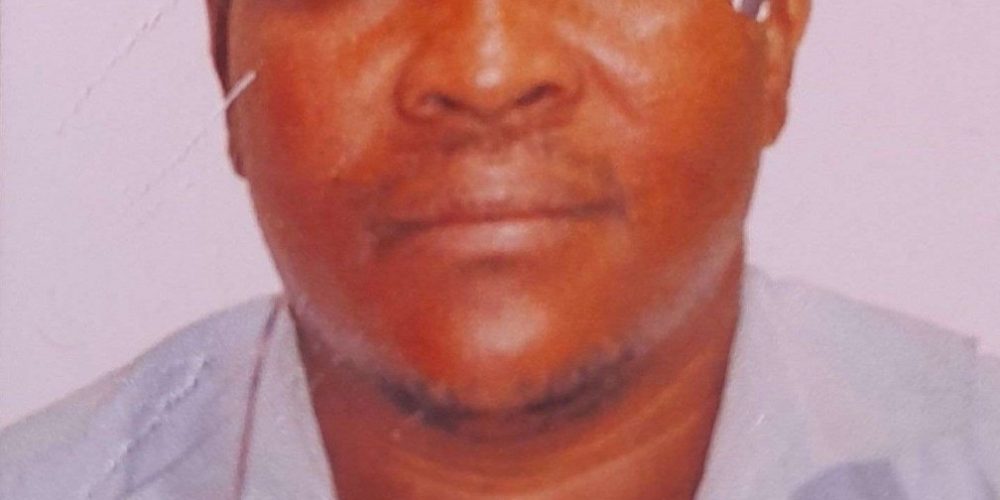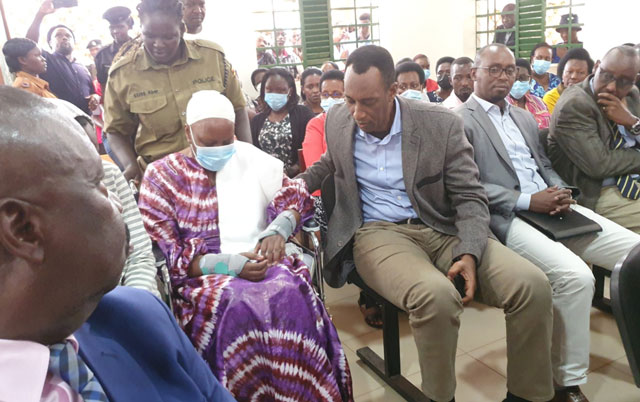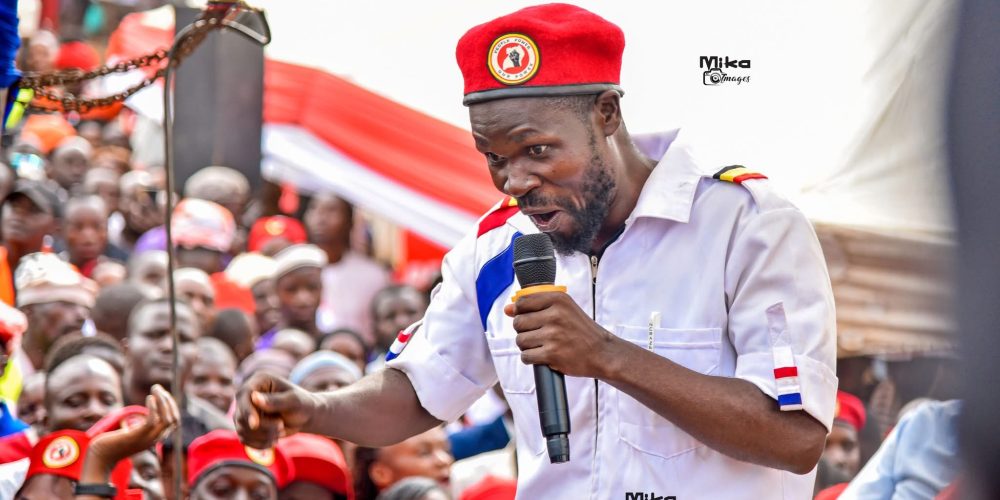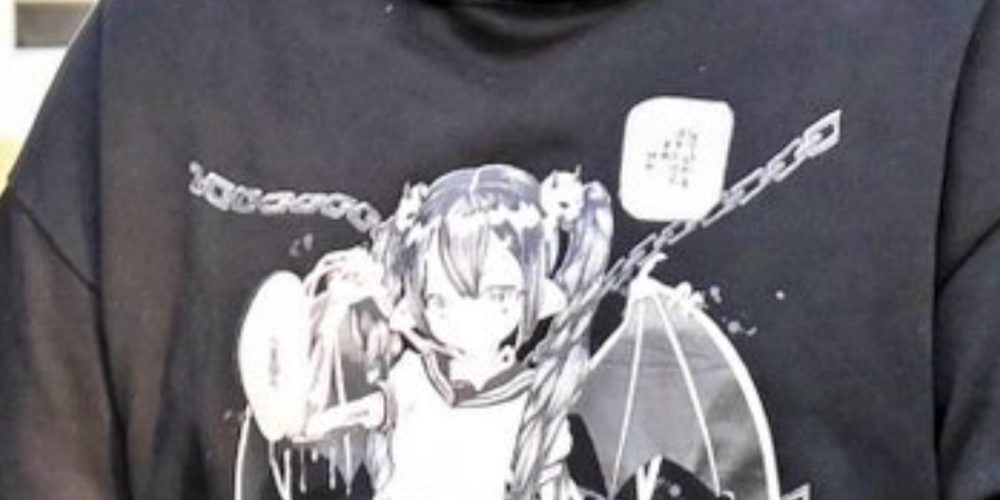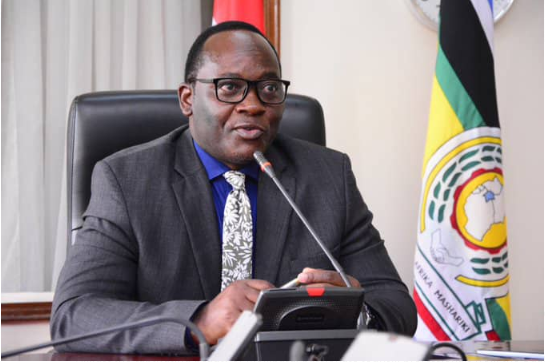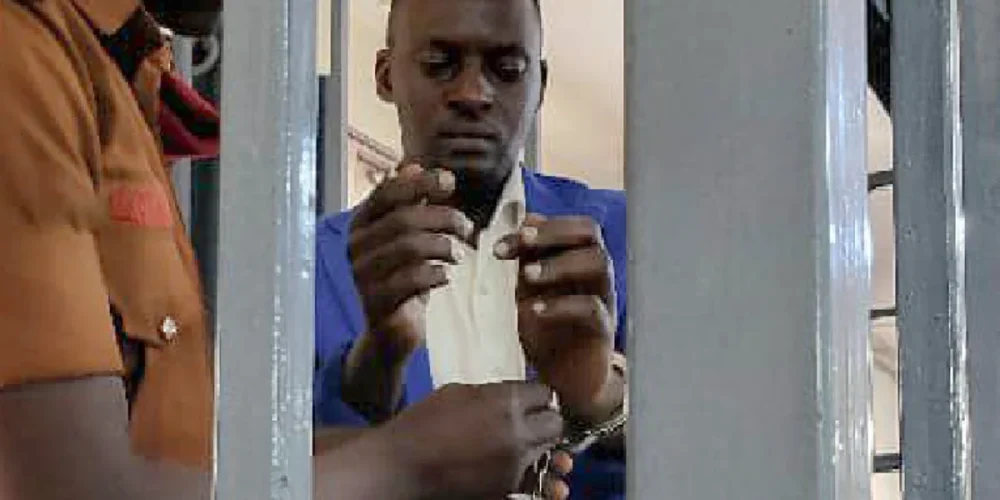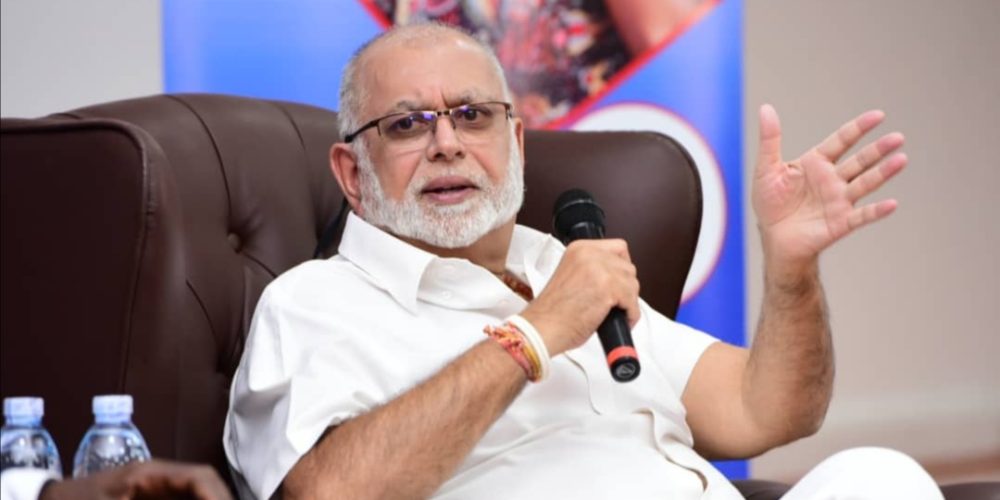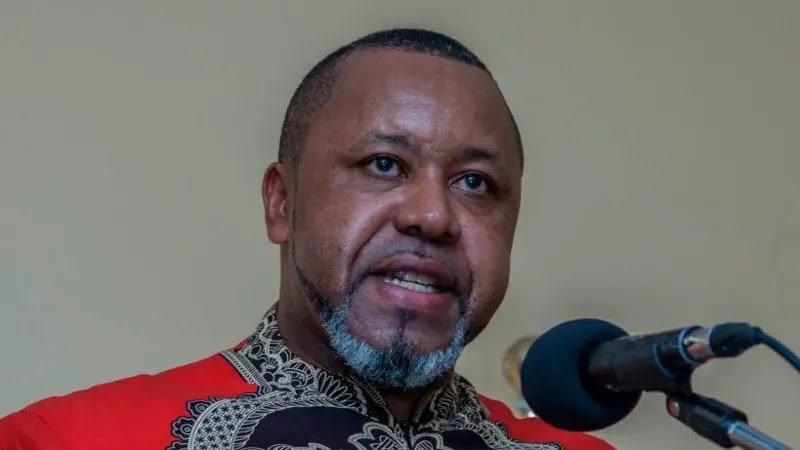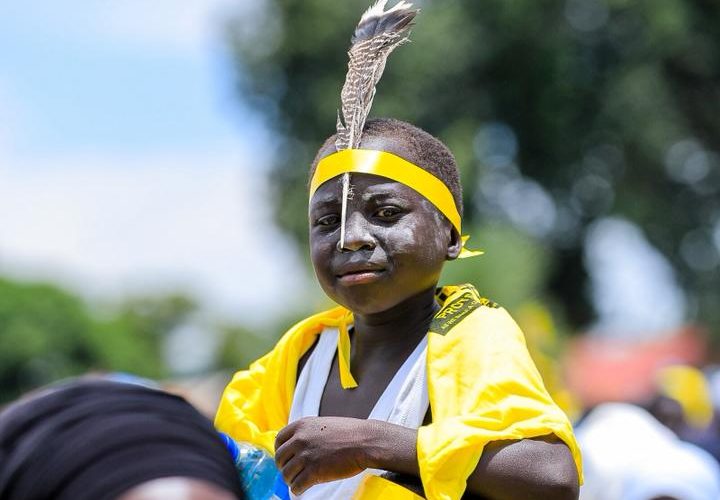How Museveni’s Politics Has Undermined Uganda’s Music Industry
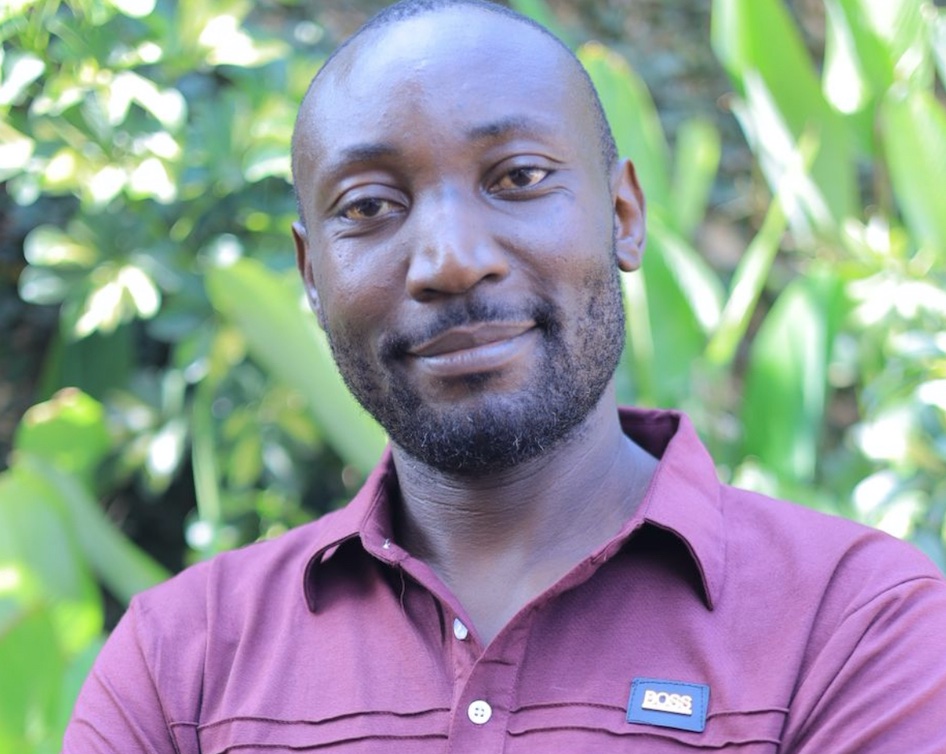
By RICHARD KIZZA LUGOBWA
LONDON – Uganda’s music industry, once celebrated for its raw energy, innovation, and fearless expression, has faced increasing challenges in recent years. The shift began when Robert Kyagulanyi Sentamu, popularly known as Bobi Wine, transitioned from a celebrated musician to a political figure, emerging as a formidable opponent to President Yoweri Museveni’s four-decade rule. In the wake of his political ascent, the industry has come under subtle yet deliberate pressure, with the government seeking to suppress artistic freedom and stifle the creative vibrancy that once defined Uganda’s musical landscape.
Today, the strings of creative freedom are being pulled not by the beat, but by politics. From government-aligned sponsorships to concert bans and forced allegiance, the nexus of power and performance is reconfiguring the country’s music industry and not for the better.
What once was primarily a space for art and expression has increasingly become a frontline for political maneuvering. Many artists now find themselves leveraged by politicians seeking political capital, while others are sidelined or silenced because of perceived political allegiance. As one industry veteran put it: “Politics has deeply infiltrated the music industry, leading to a division among fans based on political affiliations.”
The 2021 general elections marked a turning point in Uganda’s entertainment landscape, witnessing the widespread entry of musicians, actors, and media personalities into the political sphere. As the nation approaches the 2026 elections, this trend shows no sign of waning. The ruling National Resistance Movement (NRM) party continues to recruit both established and emerging artists, some of whom were previously neutral or even critical of the government, to endorse its campaigns. Those who decline such political alignments face significant repercussions, including restricted access to performance venues, limited media airtime, and the withdrawal of sponsorship opportunities.
The entertainment industry continues to decline, with audiences increasingly polarized along political lines. An artist’s political stance now dictates the success or failure of a performance. One industry analyst noted, “For artists who oppose the government, receiving an endorsement from the opposition, particularly Robert Kyagulanyi Sentamu and the National Unity Platform (NUP), guarantees a successful concert. Conversely, criticizing Kyagulanyi or his party often results in poor attendance and failed shows.”
A striking example of this divide is the case of musician Gravity Omutujju, who publicly criticized Robert Kyagulanyi. His concert, Embaga Ya Isma n’Amina, held at Lugogo Cricket Oval in Kampala in September 2024, turned into a source of disappointment and regret, with poor attendance attributed to his remarks against the opposition. In contrast, fellow artist King Saha, an open supporter of Kyagulanyi and the National Unity Platform (NUP), enjoyed a highly successful show in January this year, a success many observers link to his strong political alignment with the opposition.
This increasingly troubling character creates what many describe as a chilling effect on artistic freedom. While musicians have long engaged with political causes through campaign performances, benefit concerts, and public endorsements, the relationship has evolved from collaboration into one marked by manipulation and dependency. The country’s political climate has made it difficult for artists to remain independent.
The Uganda National Musicians Federation, led by celebrated singer Eddy Kenzo, has been at the center of controversy, with critics alleging that it serves as a vehicle to steer musicians away from supporting opposition figures. Kenzo, a multiple award-winning performer widely respected across Africa, has publicly voiced his discomfort with this dynamic. “We can work with politicians,” he once stated, “but they should stop trying to influence their interests in the industry.”
His remarks capture the tension facing many Ugandan artists today, those who seek to thrive creatively while navigating a system where political affiliations can determine access to opportunities, funding, and visibility. For both emerging and established musicians, the result is an industry increasingly defined not by artistic merit, but by political allegiance, highlighting how artists have become instruments expected to perform, to rally crowds, to lend legitimacy, often with little say in how their work is used or promoted.
With this confusion of a highly politicized industry, corporate companies are shying away from working with Ugandan artists. The pull-back of commercial investment risks a downward spiral and a cycle of fewer funds, leading to weaker production, to diminished appeal, resulting in less revenue, hence more risk of manipulation.
Beyond the commercial implications lies the deeper concern of censorship and creative suppression. Artists who oppose the dominant political narrative face bans, blocked broadcasts, and cancellations of shows. In the case of Bobi Wine (Robert Kyagulanyi), his transition from musician to opposition politician triggered extensive state scrutiny and suppression of his musical work. Meanwhile, the co-option of other artists by the state raises a broader question of whether the industry is gradually being shaped into an echo-chamber rather than a marketplace of ideas.
Operating within such a politically charged environment leaves little room for creative integrity or sustainable commercial success. Progress is only possible when deliberate efforts are made to separate art from partisan politics, allowing artists the freedom to create and perform without obligations to political figures. This requires establishing transparent, equitable funding mechanisms rather than depending on conditional handouts or politically motivated sponsorships. Moreover, rebuilding trust with audiences demands that artists and promoters prioritize the music itself and the communities it serves, rather than political agendas or campaign affiliations.
In a nutshell, the Museveni administration has transformed artists into instruments of political machinery. As a result, Uganda’s music industry has suffered a profound loss not only of its creative vitality but also of its economic strength and social influence. For the nation to reclaim a vibrant and independent musical landscape, the rhythm must return to the hands of the musicians themselves, free from political control and interference.
The writer is an advocate for democracy, justice, and human rights through the arts, media, and other platforms
Email: richardlk63@gmail.com
Tel: +447351353725











